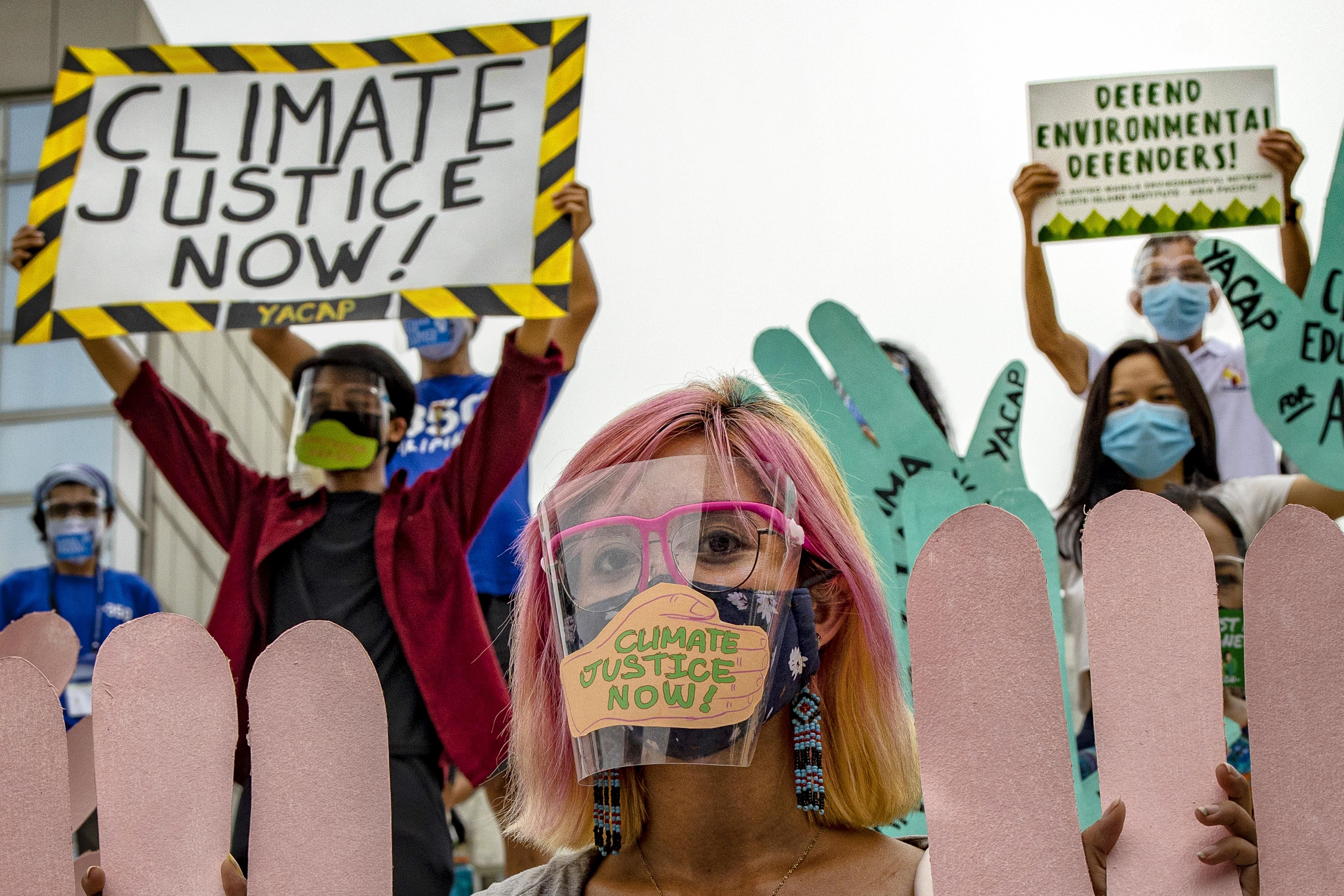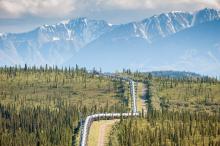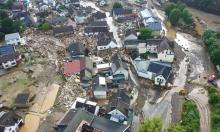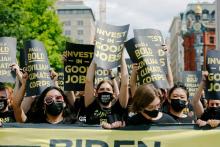Thawing permafrost threatens to undermine the supports holding up an elevated section of the Trans-Alaska Pipeline, jeopardizing the structural integrity of one of the world’s largest oil pipelines and raising the potential of an oil spill in a delicate and remote landscape where it would be extremely difficult to clean up.










